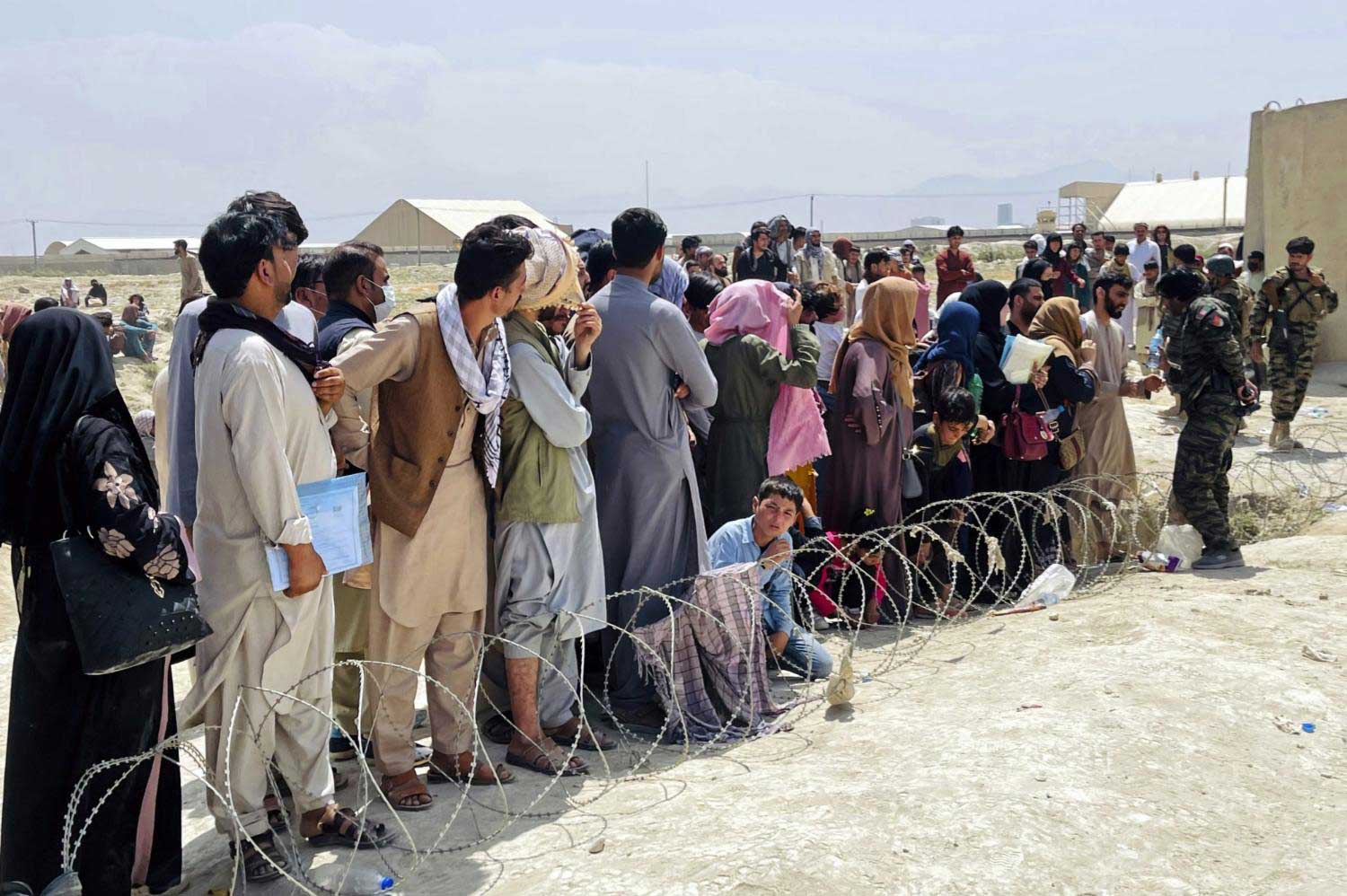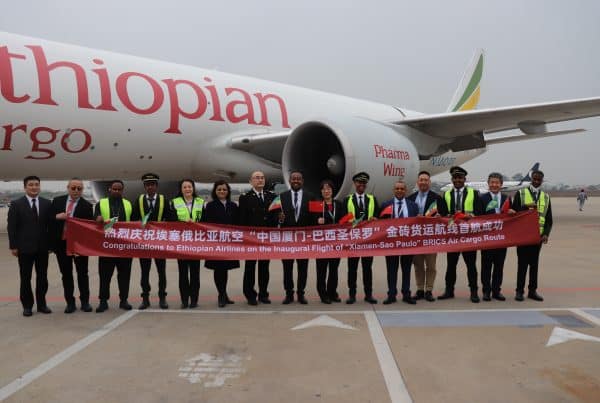More than 100 Afghan migrants are making do with blankets and luggage carts at the Sao Paulo airport, where they find temporary accommodation following a year-long journey since the Taliban took power.
Since the end of last year, Brazil has authorized about 6,000 humanitarian visas for Afghan migrants. However, local authorities close to Sao Paulo’s Guarulhos airport claimed they had no information that dozens of Afghans would be arriving there every day this month. Given that an average of four direct flights arrive daily from the Middle East and South Asia, their numbers may continue to increase in the upcoming weeks. Airlines are increasing their flights to the region as demand for tickets to Qatar for the World Cup in November soars.
Since efforts to accommodate them have not kept up with the surge of new arrivals, the refugee support group at the airport estimates that 130 Afghans are camping out in Terminal 2. According to the refugees who spoke to Reuters, the local authority is scrambling to locate locations for them outside the airport grounds because they arrived without assurances of a place to stay.
According to the letter seen by Reuters, federal prosecutors asked the federal government this week for information on what it is doing to resolve the matter. Requests for a response from Brazil’s Justice Ministry, which deals with immigration matters, were not immediately fulfilled. Families and lone men at the airport claimed they had little choice but to undertake a tumultuous year-long voyage to Brazil to escape a Taliban dictatorship that persecutes anyone with a passing connection to the former, Western-backed administration.
Mohammad Aryobee, a civil engineer and human rights activist who fled Afghanistan for having “secular aspirations,” said of all the persons in the photo, “Their lives were at stake in Afghanistan.” He landed in Brazil on Tuesday.
To save their lives and their families is why we are here, he continued. My expectations are not that high. To better my life, I need to locate housing and part-time work.
The state government of Sao Paulo is collaborating with local governments and civil society organizations to meet the fundamental requirements of the incoming refugees.
Swany Zenobini, a member of the “Afghan Front” group that mobilized to assist with the reception and accommodation of the refugees, said, “We can offer them three meals, a blanket, and vaccination.” “Today, thanks to pressure from civil society, we can promise this.”




